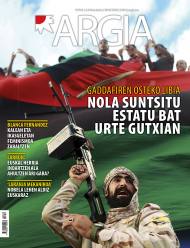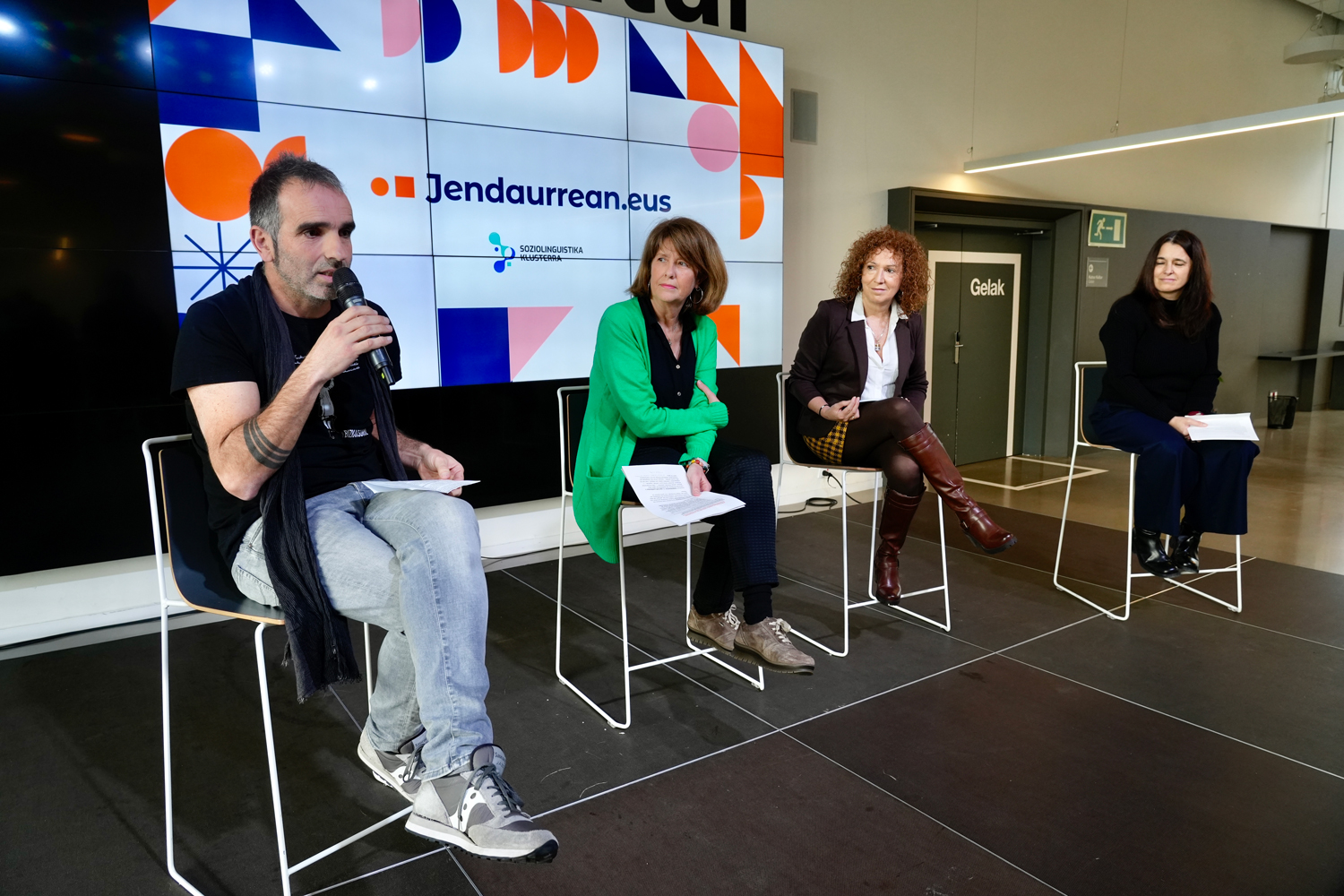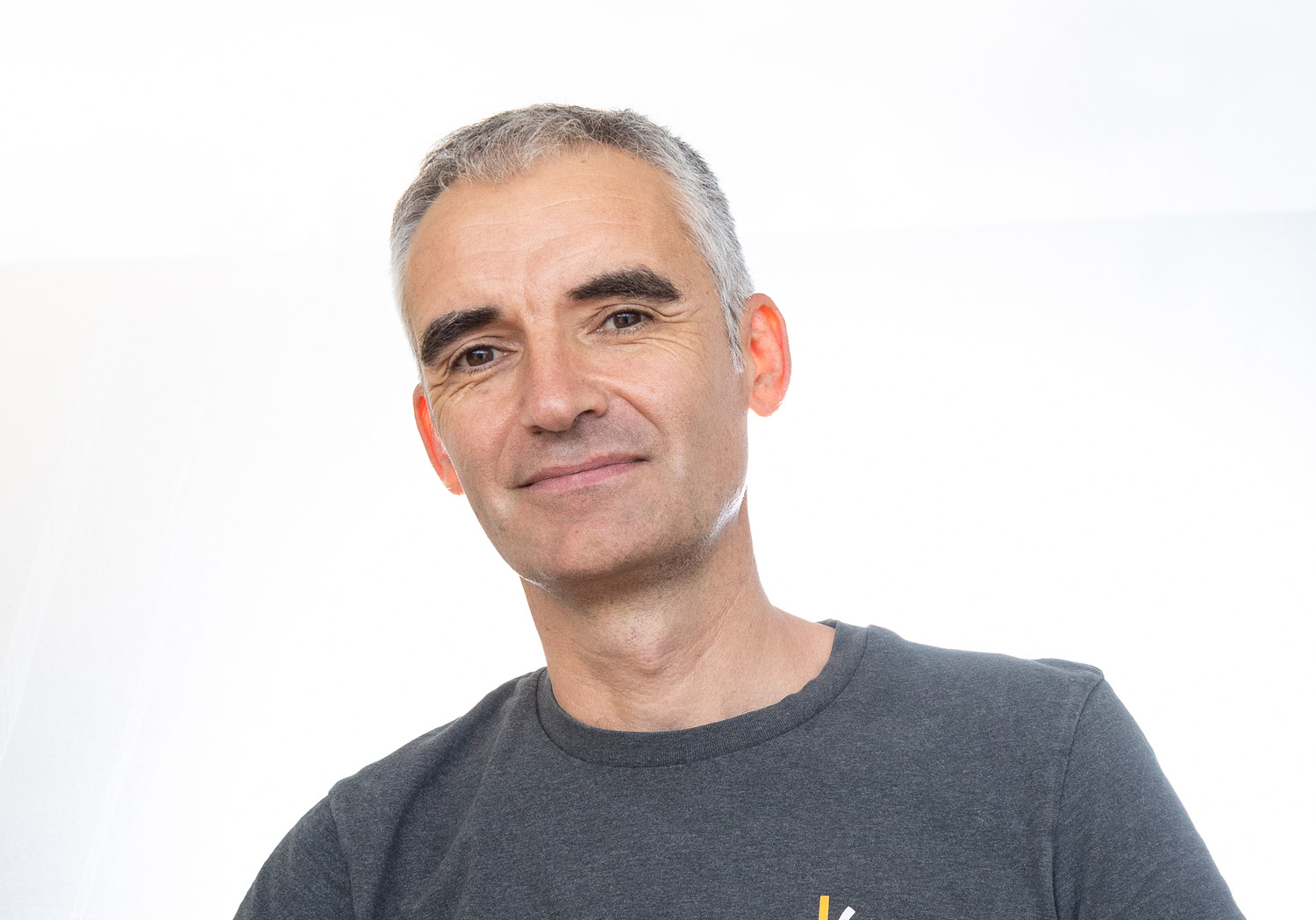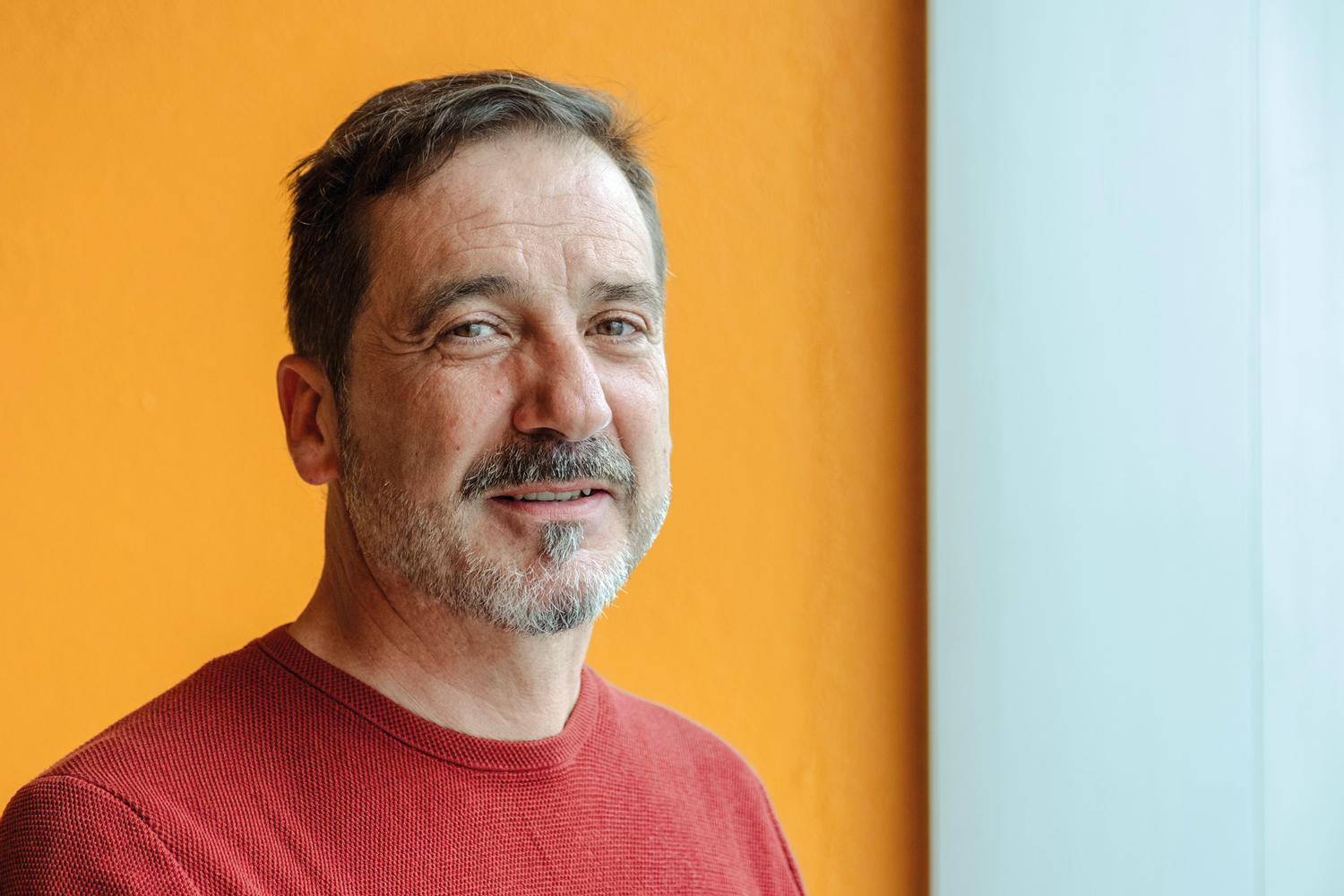800 Hernaniarras have taken part in the challenge of maintaining the Basque country
- In Hernani they have an extraordinary plan in place since February: until the end of the year, hundreds of people are trying to reverse their linguistic customs and translate their relations to the Basque country. Every month, 100 individual people join the initiative and more than 800 citizens have joined the challenge.

The Euskara Ari Du initiative was launched in Hernani five years ago. The group launched a month-and-a-half program, which was born with the aim of promoting the use of the Basque Country and was called in 2016 as a test of strength. A total of 1,800 people participated in this initiative, which aimed to keep the Basque country in one-week shifts. However, that action of 2016 provided a stimulus for many Hernaniarras and many saw that this path had to be continued.
A group of citizens set out how to give continuity to this experience. The project was carried out during 2017 and has been launched on 3 February 2018 under the name. Until December 23, individuals choose a personal challenge of at least one month, with the aim of changing their language habits. The aim of the project is to bring together 100 new participants each month and, for the time being, they are meeting their initial objective: from February to October, more than 800 people have participated in the initiative. According to Malores Etxeberria, who works in organizing the initiative, the Roncalese are getting good rhythms: “The goal was to get 100 new participants a month and we put it above, thinking that getting it was going to be amazing.”
Each roncalés chooses a personal goal when registering: Changing the language habit for a particular person can be an intention or a group of objectives; the challenge to choose is to translate the habit of the usual language into Basque until now. Likewise, those who do not know how to speak in Euskera will be able to participate in the project, so that a second asks them to speak in Euskera. At the moment, 89% of the participants in the project are able to speak in Basque and 11% of them understand it but have difficulty speaking. After a month, the Euskara Ari Du association sends Roncalesas and Roncalesas a short follow-up survey where they have to choose whether they want to keep up with the challenge or change the challenge.
Participants therefore choose a specific objective when they decide to participate in the initiative. This goal may be to maintain the Basque Country 24 hours a day and with anyone, or to change the linguistic habit that each of them has at a pace chosen by himself. Most of those who have responded to the challenge, 72.7%, have chosen to change the language habit by a group or group of people, rather than by a specific person. When analyzing the area in which the participants have assumed the challenges so far, it is observed that 29.3% have chosen to speak in Basque in all possible relations. Then, the most repeated areas have been the peers, partners, and family members, respectively.
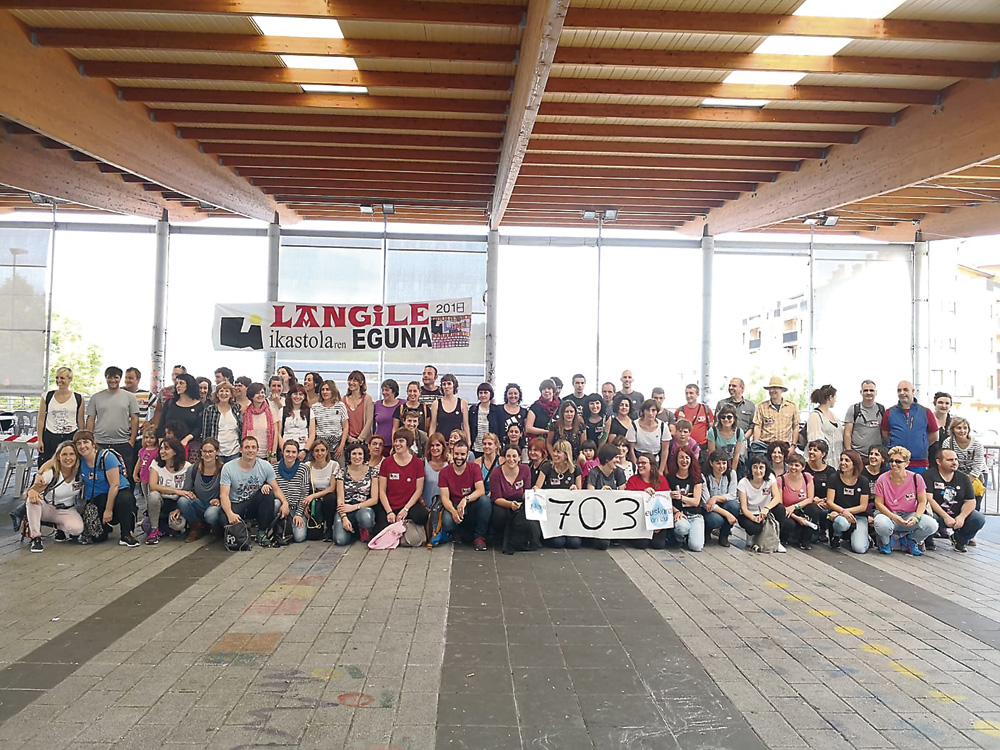
“Changing habits is not easy”
The Euskara Ari Du offers participants an advisory session before the challenge begins. It analyses the difficulties they may encounter and gives them recommendations for them to be found. Follow-up sessions are also held each month. The latter are usually open sessions and, seeing that they were not very successful, decided to make an express appeal to the assistance of 20 people facing a challenge.
They are very pleased with the evaluations and opinions of the people in the association. However, they wish to stress that the exercise is difficult for all participants: “The challenge is difficult for everyone. Almost everyone tells us that at first it costs and it’s like that, it’s not silly; changing a custom is not easy, but it can be achieved,” says Malores Etxeberria. “Most of us have been told that they have become very aware of the issue, for that purpose this project also serves,” he added. Leire Otxotorena, dynamizing the association, sees that the participants have the greatest difficulties in changing linguistic habits with the closest people: “We’ve been told it’s harder with family members and partners. There are those who have done it, but there are also those who have not done it.”

Among the Roncalais of the initiative are the non-Hernaniarras. Leire Otxotorena says the project has touched people from other towns: “The initiative has also been extended to the businesses of the people and the people from outside who work in Hernani have been encouraged to be snorkel.” In fact, the labor world is one of the most important areas of the Basque world and there has also made its way Baietz Hernani! The initiative has been financed by a number of companies which have been attracted by interest in the implementation of the project. “Companies have seen that the project can serve them and since September they have got into full, encouraging workers to change language habits in the workplace,” Etxeberria explained.
Need to continue what has been done
Malores Etxeberria believes that although 2018 projects have been a personal challenge, it is also important that many people move collectively within one idea: “Being individual challenges gives jobs to the ant, to the need to do so on a day-to-day basis. The collective, at the same time, gives its support, serves not to feel that the snorkel is alone.”
For this reason, so far the initiative has been encouraged and supported by other events. They have organized talks to bring together sport, gender and other areas with the Basque Country, and they have scheduled several appointments until the end of the year. By November they organized a mini-library together with the Euskaltegi Municipal and by December they will hold the closing ceremony of the initiative. Looking to the future, the Euskaraz Ari Du association also has a great challenge, according to Leire Otxotorena: “Our current challenge as a team is to think about what to do as of December. We have to think about how to give continuity to this.” This year’s response to the wave created by the Basque Cultural Capital project 2016 and this year’s one has already created another. The next challenge remains to be seen.
Plazara, AEK, Uda Leku, Dindaia eta Ebete antolakundeak Baionan elkartu dira Famili'on egonaldi ibiltariaren lehen edizioa aurkezteko. Hizkuntza mailaren arabera eskaintza bat edo beste egongo da eta haur zein gurasoentzat izango da udaberrian.
I think it will have to do with the hangover of the profession, but I have to acknowledge that I look at the linguistic landscape of the places I visit. Signs that stick on the walls, hanging from streetlights, billboards, and supports that appear in shops or companies (signs,... [+]









